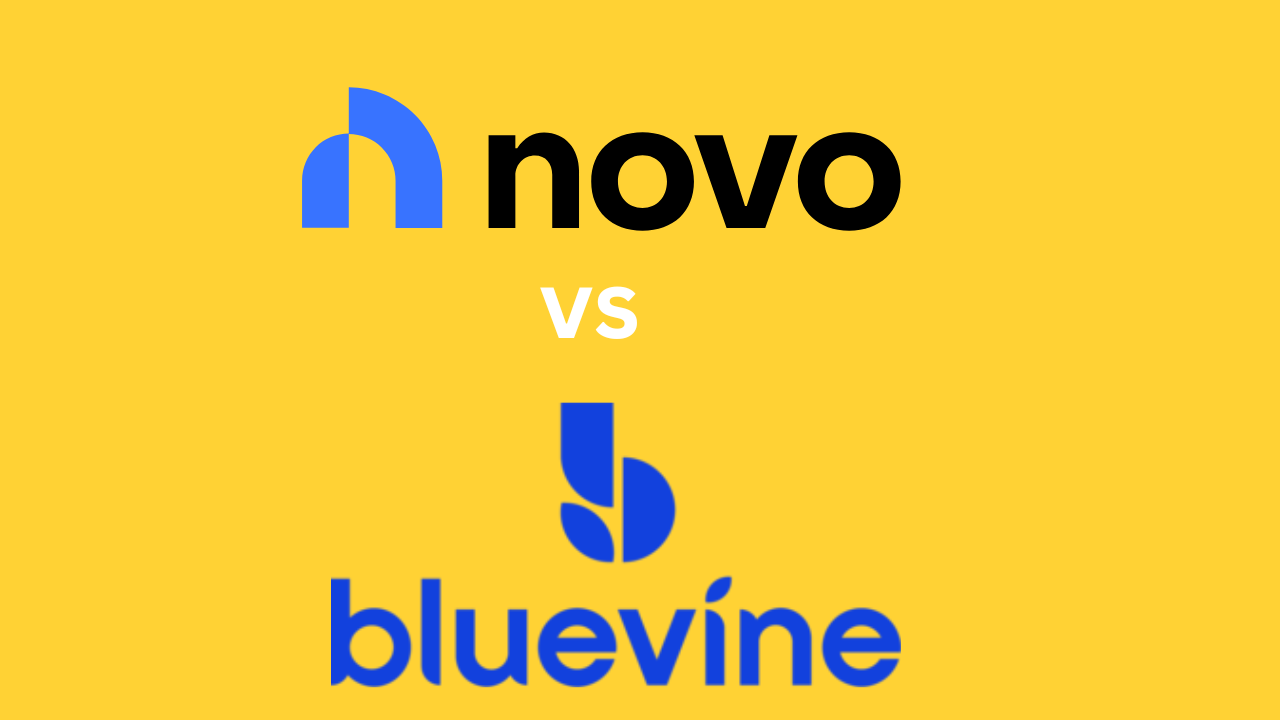Language:
Family LLC: Everything You Need to Know

Are you looking for a way to protect your family’s assets and keep them safe for future generations? Then a family LLC might be just what you need.
Creating a family LLC — A limited liability company is designed to provide asset protection and tax optimization for a family’s business and can be an invaluable tool for preserving the legacy of your family. Family LLCs can provide privacy, more control over profits and losses, greater flexibility with tax benefits, and improved asset protection. With careful planning, these LLCs can help families ensure that their finances remain protected while they maintain their own unique identity as a business. Read on to learn more about family LLCs and all potential advantages, disadvantages, uses, and more to determine if a family LLC is what you need.
What Is a Family LLC?
How a family LLC works – When family members related by blood, marriage, or adoption start a company together, they can create a family LLC. The one in charge is the managing member, and rules are in place for who owns what, who gets to make decisions, and how things can be sold or transferred.
A family LLC can be established to facilitate lawful business activities such as managing real estate or brokerage accounts. However, it’s important to note that a family LLC isn’t an appropriate structure to manage a personal residence.
Family LLC vs Regular LLC
A family LLC is a type of Limited Liability Company (LLC) designed to provide legal protection for the members of a family or group. This structure is typically used for family-owned businesses, real estate investments, and tax and estate planning.
Unlike a regular LLC, which gives liability protection to all members regardless of their relationship with each other, a family LLC provides greater control over who can be held liable for business decisions and activities.
Family LLCs have many similarities to other types of LLCs, such as the ability to pass through income, losses, and deductions directly to their members.
Family LLC vs Family Limited Partnership
A Family Limited Partnership (FLP) is similar to a family LLC in that they offer liability protection to the owners (or partners). However, FLPs are more geared toward asset protection and tax planning rather than operating a business. Generally speaking, FLPs are limited partnerships where the primary partners are relatives, including spouses, who own most or all of the assets in the partnership.
In contrast to family LLCs, FLP ownership is divided into separate shares that can be distributed among different family members to maximize tax benefits.
Family LLCs vs. Corporations
Unlike family LLCs and FLPs, corporations generally have shareholders instead of partners or members, and these shareholders elect individuals to make key business decisions on their behalf. Since corporations are separate legal entities distinct from their owners, they provide limited liability protection due to the “corporate veil” that separates shareholders from corporate liabilities.
Corporate ownership also differs from family LLCs/FLPs because shares are not necessarily owned by relatives; anyone can purchase shares and become part owner regardless of their relationship with other shareholders.
Corporations often have more stringent rules governing how they operate than either family LLCs or FLPs since they must adhere to state regulations as well as federal regulations when incorporating.
How Is a Family LLC Formed
Forming a family LLC is a relatively simple process, but it involves making important decisions about the business structure and finances.
Before starting the formation process, family members should discuss their goals and expectations for the LLC, set up a business plan, select a name for the LLC, and appoint officers.
Once these steps have been taken, families can then formally establish the LLC by filing Articles of Organization with their state’s LLC office. Depending on the state in which the LLC is formed, this document may also be referred to as a Certificate of Formation or Certificate of Organization. The Articles of Organization should include information such as the names and addresses of all members and officers, registered agent information, and any other required documents or fees. The filing fee can vary from state to state and typically costs around $100-$500.
Along with filing Articles of Organization with their state’s LLC office, families forming an LLC should also create an Operating Agreement that outlines how profits will be distributed among members as well as how decisions will be made within the company. This document helps ensure that all members are on the same page concerning the operations and management of the LLC.
Families forming an LLC must obtain any necessary licenses or permits required by the state to legally operate their business.
How Much Does a Family LLC Cost
When starting and maintaining a family LLC, can be a bit expensive. You’ll need to find a qualified attorney who has experience setting up family businesses. Ideally, the attorney should also be familiar with the type of business your family is running, although it’s not mandatory.
Legal fees for setting up a family LLC can range from $3,000 to over $10,000, depending on the complexity of the process. In addition to legal fees, there are other expenses associated with running the LLC, such as the cost of holding annual meetings and preparing and filing tax returns every quarter.
Uses of Forming a Family LLC
There are several beneficial uses of forming a family LLC including:
Asset Protection
A family LLC is a pretty handy way to protect your family’s assets from creditors who might be after them. If you or one of your family members is sued, for example, their creditors may not be able to seize assets owned by the family LLC, as the assets are owned by the LLC, not by the individual family members.
But, there are a few rules you gotta keep in mind. For example, the operating agreement might not let members withdraw and then get back their interests in the company, which would make it harder for creditors to claim them later. There may be other restrictions too like certain members not being allowed to vote or kick out of the management. These restrictions all help keep the LLC running smoothly and keep the creditors at bay.
Estate Planning
If you’re considering estate planning, a family LLC could be a valuable tool for you. One reason for this is that it can help reduce the tax burden on your assets when you pass them down to the next generation.
By transferring ownership of assets into a family LLC, you can gift LLC interests to your children over time. Since the value of the LLC interests may be discounted due to a lack of marketability or minority ownership, the gift tax on these interests can be lower than the gift tax on the assets themselves. This can result in significant savings in gift and estate taxes for you.
In addition to tax benefits, a family LLC can help you transfer control over your family assets. Through the operating agreement, you can dictate how management and control of the LLC are handled after you pass away. This can help ensure that your assets are managed and distributed according to your wishes.
Advantages of Family LLC
Here are some advantages of a family LLC:
- Asset protection: One of the biggest benefits of a family LLC is that it can help protect your family’s assets from creditors and potential lawsuits. Since the LLC owns the assets, they are not owned by the individual family members and are therefore more difficult to seize.
- Tax benefits: A family LLC can help reduce the tax burden on your assets when they are passed down to the next generation. By gifting LLC interests to your children over time, you can lower the gift tax on these interests, resulting in significant savings in gift and estate taxes.
- Flexibility: A family LLC can be a flexible structure, allowing you to customize the operating agreement to meet your family’s unique needs. You can dictate how management and control of the LLC are handled, and set restrictions on the transfer of ownership interests.
- Estate planning: A family LLC can be a valuable estate planning tool, helping you transfer control over your family assets and ensuring that they are managed and distributed according to your wishes.
- Business continuity: A family LLC can help ensure the continuity of a family business by setting rules for succession and management after the passing of the original owner.
- Privacy: A family LLC can provide a level of privacy for your family’s assets, as the ownership of the LLC interests is not a matter of public record.
Disadvantages of Family LLC
Here are some potential disadvantages of a family LLC:
- Cost: Setting up and maintaining a family LLC can be expensive, with legal fees ranging from a few thousand dollars to over ten thousand dollars, depending on the complexity.
- Complexity: A family LLC can be a complex legal structure, with various regulations and requirements that need to be followed. This can be overwhelming for families unfamiliar with legal and financial matters.
- Restrictions: The operating agreement of a family LLC can place restrictions on the transfer of ownership interests, which can limit liquidity and flexibility for family members who may want to sell their interests in the future.
- Lack of control: Members of a family LLC may have limited control over the management and decision-making of the LLC, particularly if they are minority owners. This can lead to disputes and conflicts within the family.
- Tax implications: While a family LLC can offer tax benefits, it can also have tax implications. For example, if the LLC generates income, members may be required to pay taxes on their share of the profits.
- Public records: While a family LLC can provide some privacy for family assets, the ownership of the LLC is still a matter of public record, which may not be desirable for some families.
Secure Your Family’s Business and Future
With a family LLC, families have the unique ability to work together while also protecting their individual interests and generational wealth. These businesses can be a great way for families to stay connected over years or even decades, while also fostering entrepreneurship and innovation in the family unit.
doola can help you navigate the ins and outs of forming and managing a family LLC so you can rest assured that your family’s wealth is in good hands.
FAQs
What is the difference between a trust and an LLC?
The primary difference between a trust and an LLC is that a trust is established to manage assets for the benefit of another, while an LLC is a legal entity formed to conduct business. In addition, trusts are governed by laws of trusts, while LLCs are governed by state laws regulating business entities.
Who has control of a Family LLC?
Who has control of a family LLC depends on how the organization is structured. Generally speaking, the members of the LLC will have decision-making power over the ownership, funds, and management of the LLC; this could include all family members or just certain individuals.
Should a family set up an LLC for investments?
It can be beneficial for families to set up an LLC for investments as it provides certain tax advantages and helps protect members from potential liabilities associated with their investments. An LLC also gives families greater flexibility in how they structure their investments, allowing them to diversify their assets across multiple entities, which can help reduce risk and increase returns. Additionally, with an LLC there are relatively few restrictions on who can own shares and how these shares are divided amongst family members.
Keep reading
Start your dream business and keep it 100% compliant
Turn your dream idea into your dream business.















